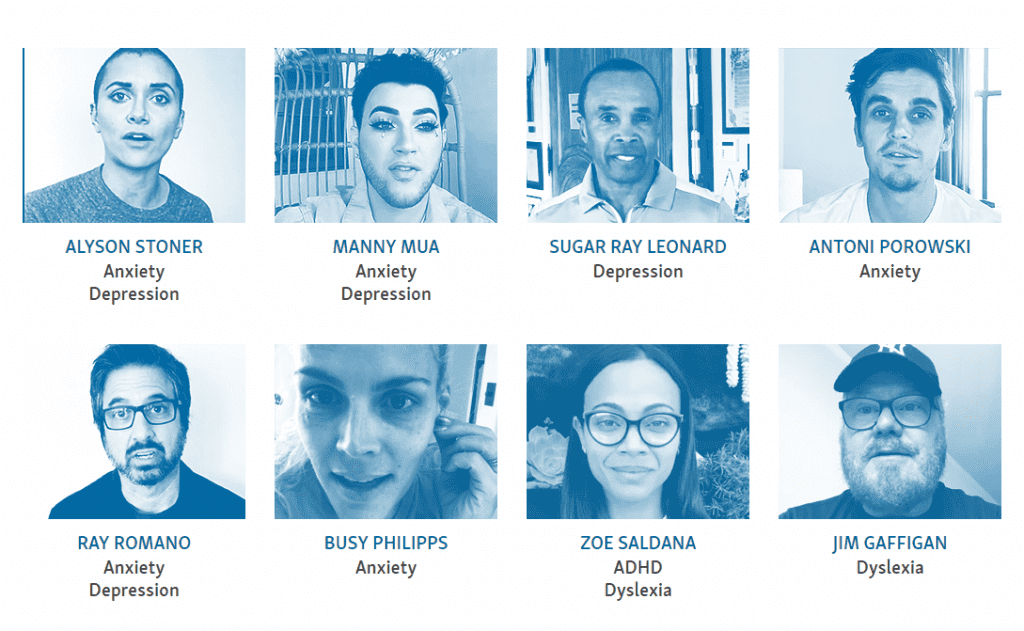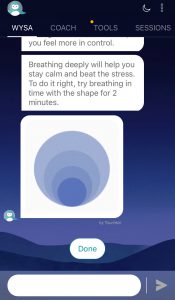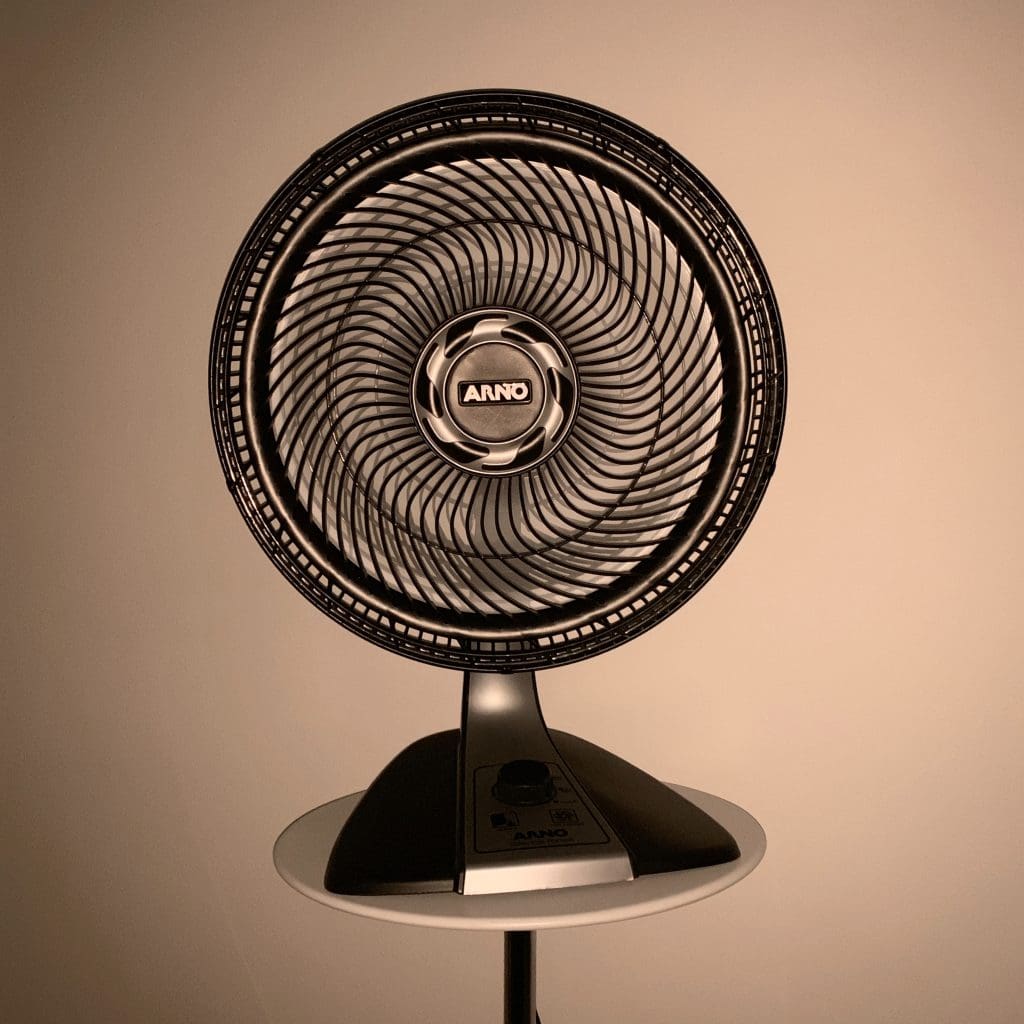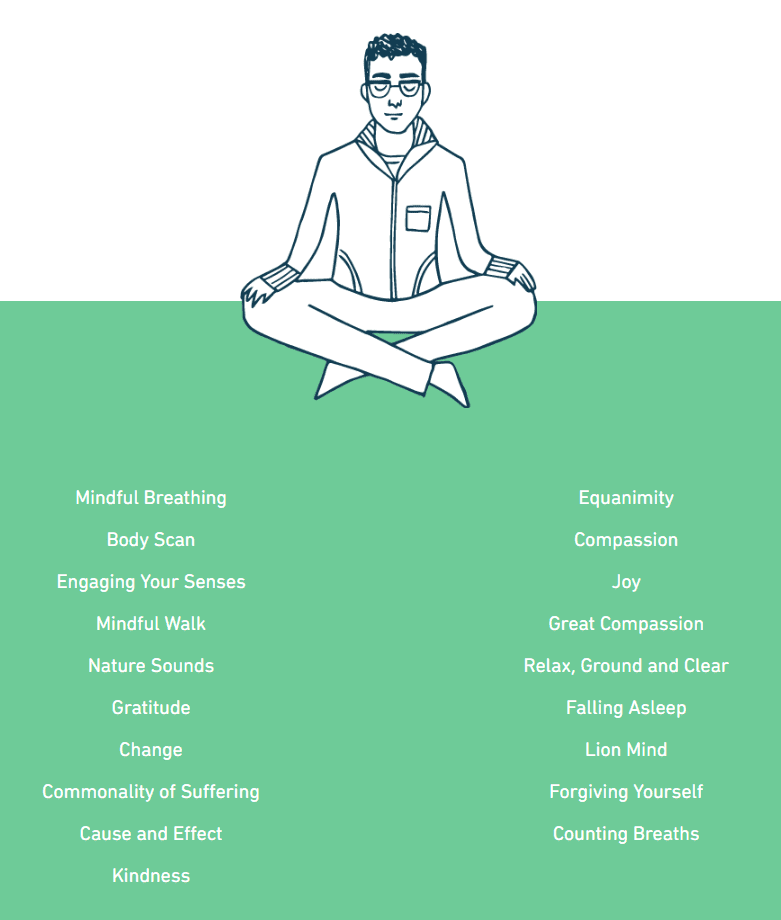With the splendor of summer coming to an end and the stress of the school year following shortly behind, it’s important we maintain our sanity and stability through these busy transitions. One way we can help keep our anxiety levels low during this time is by creating and consistently maintaining self-care routines before our schedules get crazy. Then, when things do start to pick up, our self-care is already built into our daily lives.
Here are five tips to help you keep a level-head this fall:
1. Proper Sleep Hygiene
The way we get ourselves ready for bed directly impacts the way we sleep and the way we wake up in the morning. The way we wake up in the morning and how rested we are directly effects how the rest of our day goes. Therefore, it is very important that we practice proper sleep hygiene! Good sleep hygiene looks different for everyone, but there are a variety of ways to improve your nightly routine.
First, it is very helpful if we keep our bed as a place for only sleep.  Although it may be comfortable to do your homework on your bed, it can be confusing for our brain to do stimulating activities in the place where it is used to resting. When I used to write papers in bed, I started to associate my comfy mattress with stress and schoolwork. Once I started doing my schoolwork outside of my apartment, I started to feel and sleep better!
Although it may be comfortable to do your homework on your bed, it can be confusing for our brain to do stimulating activities in the place where it is used to resting. When I used to write papers in bed, I started to associate my comfy mattress with stress and schoolwork. Once I started doing my schoolwork outside of my apartment, I started to feel and sleep better!
Second, it is important that we stop doing stimulating activities, especially ones that involve screens, at least one hour before heading to bed. When we watch TV or check our phones late at night, those bright lights trick our brains into thinking it’s still daylight, making it difficult for us to fall asleep. This is where a consistent nighttime routine comes into play! When we have a relaxing evening routine, it helps our body know it’s time for bed. A calming bedtime routine might include reading a book, taking a shower or bath, or meditating.
Third, exercise can influence better quality sleep. As little as 10 minutes of exercise per day can dramatically improve nighttime sleep. However, stimulating exercise too close to bedtime can make it difficult to fall sleep, so don’t get your steps in too late!
Finally, if you’re a daytime napper, it is important to know that napping does not make up for insufficient nighttime sleep. Limiting your naps to only about 20-30 minutes can improve your energy and mood without making it difficult for you to fall sleep later that night.
2. Morning Prep the Night Before
 Another way to keep your mornings stress-free is to prepare for them as much as possible the night before. The less you have to do to get ready in lathe morning, the more time you have to enjoy a hot cup of coffee or eat a delicious breakfast! Simple things such as packing your lunch, picking out your clothes, or getting your backpack ready the night before reduces morning chaos and frees up time for more pleasurable activities. I used to dread getting out of bed to get myself ready for school, but when I started preparing for my day the night before, I started to feel way better about getting out of bed! Instead of having to think about homework first thing in the morning while I pack my bag, I get to think about a lightly toasted everything bagel with cream cheese.
Another way to keep your mornings stress-free is to prepare for them as much as possible the night before. The less you have to do to get ready in lathe morning, the more time you have to enjoy a hot cup of coffee or eat a delicious breakfast! Simple things such as packing your lunch, picking out your clothes, or getting your backpack ready the night before reduces morning chaos and frees up time for more pleasurable activities. I used to dread getting out of bed to get myself ready for school, but when I started preparing for my day the night before, I started to feel way better about getting out of bed! Instead of having to think about homework first thing in the morning while I pack my bag, I get to think about a lightly toasted everything bagel with cream cheese.
3. Earlier Wake-Up Time
In addition to prepping the night before, setting your alarm just a few minutes earlier than you actually need to also can reduce early morning stress. Instead of trying to sleep in as late as possible, hitting snooze three times, and then scrambling to get yourself together on time, you can allow yourself to wake up more gradually. All that rushing around sends your body into alarm-mode, which spikes your adrenaline. Adding a few extra minutes to your wake-up time can really help start your day off in a more relaxed manner. Additionally, don’t check your phone right when you wake up! You have all day to worry about your emails and Instagram, no need to clog up your morning with them.
than you actually need to also can reduce early morning stress. Instead of trying to sleep in as late as possible, hitting snooze three times, and then scrambling to get yourself together on time, you can allow yourself to wake up more gradually. All that rushing around sends your body into alarm-mode, which spikes your adrenaline. Adding a few extra minutes to your wake-up time can really help start your day off in a more relaxed manner. Additionally, don’t check your phone right when you wake up! You have all day to worry about your emails and Instagram, no need to clog up your morning with them.
4. Reboot Your Commute
Another easy way to take control of the stress of school is by using your  daily commute to your advantage. We all know that traffic can be infuriating, the bus systems are confusing and crowded, and it always seems to be raining on your walk to campus, but with a little reframing, we can make this a glass-half-full situation. Try and view your morning and evening commutes as built-in “me” time, rather than a time to battle other vehicles through the stop light. You have to make your commute one way or another, might as well enjoy yourself while you do! Try to do something that nurtures your mind, such as listening to a podcast or an audiobook. Or your walk to class is the perfect time to bust out that new music playlist! Now that I have a different frame of mind about my morning drives, I look forward to them. Especially on Monday’s when my favorite podcast drops a new episode for the week!
daily commute to your advantage. We all know that traffic can be infuriating, the bus systems are confusing and crowded, and it always seems to be raining on your walk to campus, but with a little reframing, we can make this a glass-half-full situation. Try and view your morning and evening commutes as built-in “me” time, rather than a time to battle other vehicles through the stop light. You have to make your commute one way or another, might as well enjoy yourself while you do! Try to do something that nurtures your mind, such as listening to a podcast or an audiobook. Or your walk to class is the perfect time to bust out that new music playlist! Now that I have a different frame of mind about my morning drives, I look forward to them. Especially on Monday’s when my favorite podcast drops a new episode for the week!
5. Daily Affirmation
For our fifth and final fall tip, I want to suggest something that you can carry with you all day. Choosing a daily affirmation for yourself can help  set the tone for your day and can help keep that tone if you feel your anxiety levels rising. One study found that repeating an affirmation helps reduce cortisol levels during stress inducing situations. Your affirmation can focus on beneficial traits you’d like to manifest, goals you have for yourself, things you are grateful for, or really anything you’d like. Here are some examples: “I am confident,” “I will flourish in my work this week,” or “I am thankful for the things I have.” Two of my favorite affirmations are: “I learn from my mistakes” and “I am strong, I am sincere, and I am secure.” It really helps me throughout my entire day if I write down my affirmation and keep it with me. I like to keep something physical with me so that I can touch it when I need to remember my strength. Anytime I’m feeling nervous or blue, I read my affirmation and remind myself that everything is going to be alright.
set the tone for your day and can help keep that tone if you feel your anxiety levels rising. One study found that repeating an affirmation helps reduce cortisol levels during stress inducing situations. Your affirmation can focus on beneficial traits you’d like to manifest, goals you have for yourself, things you are grateful for, or really anything you’d like. Here are some examples: “I am confident,” “I will flourish in my work this week,” or “I am thankful for the things I have.” Two of my favorite affirmations are: “I learn from my mistakes” and “I am strong, I am sincere, and I am secure.” It really helps me throughout my entire day if I write down my affirmation and keep it with me. I like to keep something physical with me so that I can touch it when I need to remember my strength. Anytime I’m feeling nervous or blue, I read my affirmation and remind myself that everything is going to be alright.
I hope these five tips I use to keep my self-care consistent are helpful to you too. Some may work for you better than others, but they’re worth a shot! In my experience, they have all been useful in reducing my school-related anxieties. Good luck in your fall endeavors and please remember: you’re not alone!
Do you have any morning or nighttime routines or habits that you use to reduce stress? What tips do you have or what has worked for you to reduce school stress?

 many people whom you haven’t seen for three months which may make you feel like they are judging you and, especially in high school, you get a ton of homework almost immediately. I have a few strategies that help me reduce my anxiety in school.
many people whom you haven’t seen for three months which may make you feel like they are judging you and, especially in high school, you get a ton of homework almost immediately. I have a few strategies that help me reduce my anxiety in school. work-intensive classes to tell me what homework we will have for the whole week either the Friday before the week starts or on Monday. This helps me to make a plan as to when I will do the homework and be aware in advance of the amount of work I will have. This helps me stop myself from procrastinating for as long which results in me being too overwhelmed by the end of the week.
work-intensive classes to tell me what homework we will have for the whole week either the Friday before the week starts or on Monday. This helps me to make a plan as to when I will do the homework and be aware in advance of the amount of work I will have. This helps me stop myself from procrastinating for as long which results in me being too overwhelmed by the end of the week.


























Recent Comments